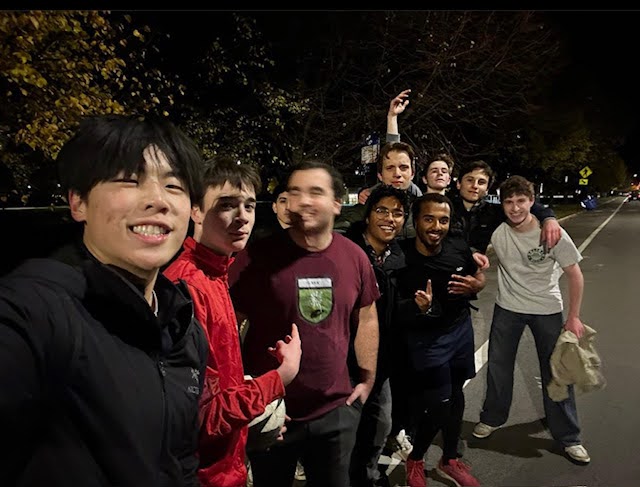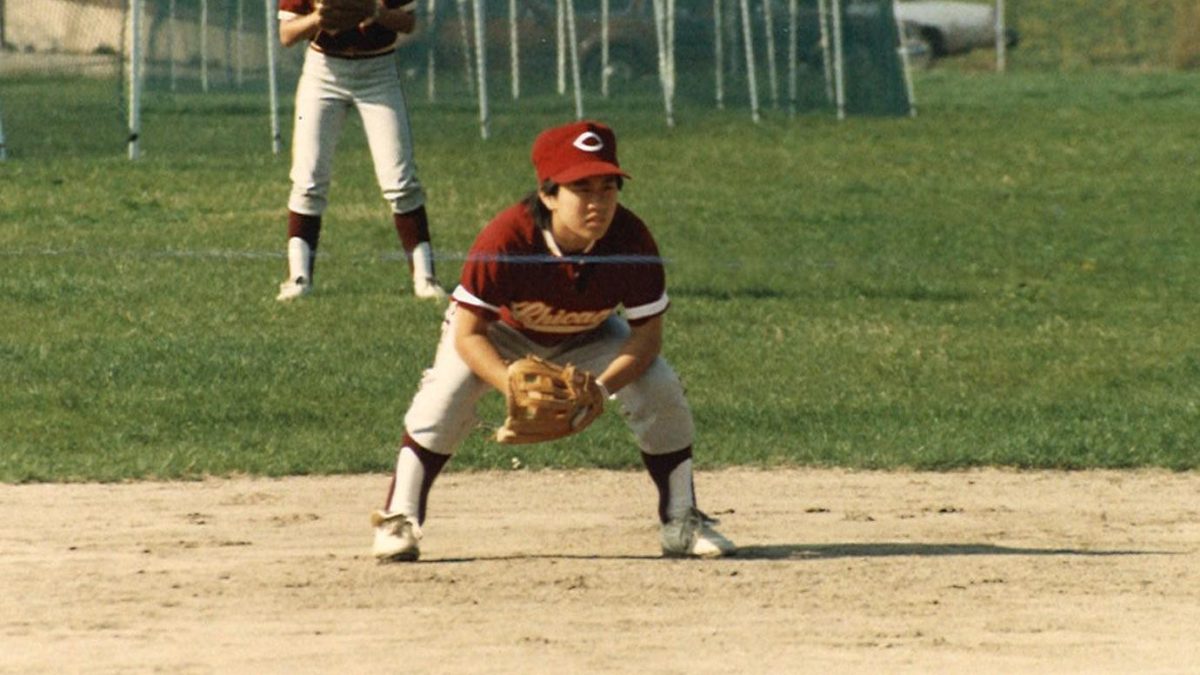Football fans around the globe have watched with intrigue as Chelsea has transformed from a large, debt-laden group of overpaid mercenaries into an even larger group of overpaid mercenaries backed by the checkbook of Russian oil billionaire Roman Abramovich. Naturally, the question on everyone’s lips is: will they win anything?
To begin, let us quickly review some of the vast talent that has congregated at Stamford Bridge: Hernan Crespo, Claude Makelele, Juan-Sebastien Veron, Damian Duff, and Wayne Bridge are but a few of the legion that has reinforced a team that already included the likes of Marcel Desailly, Frank Lampard, and Jimmy-Floyd Hasselbaink. There is little doubt that no team in Europe, and possibly not even any national team, can boast Chelsea’s depth. Remember that Chelsea’s second-11 finished fourth in last season’s premier league. Add to this over $150 million of world-class talent, and, on paper, Chelsea is a strong contender for any competition they enter.
Surely there must be a catch, right? You cannot simply pay your way to immediate and long-lasting success. Look at Inter, Lazio, and Fulham: each of these three clubs has thrown money at their respective squads and finished with little to show for their extravagance. Yet Chelsea is different. Inter, Lazio, and Fulham all made distinct but critical errors that were bound to take the wheels off the spend-your-way-to-glory train, and Chelsea appears to have avoided all three routes to oblivion.
Take Inter: over the last ten seasons, Massimo Moratti has bankrolled the arrival of well over $200 million of some of the modern game’s most outstanding talents, including Ronaldo, Christian Vieri, and Clarence Seedorf. The result: a couple of UEFA Cups. What went wrong? The name of the club and Moratti himself are about the only things that haven’t changed every season.
The dark-haired businessman seems to favor a policy whereby everyone associated with the organization has no more than a year to prove themselves on pain of sacking. Managers are particularly prone to the Great Nerazurri Revolving Door, with mid-season changes the norm. This is no way to build a team capable of winning. Not only does it ignore the tactical and psychological importance of letting the staff and players learn to work as a unit, it also frequently leads to the unwarranted removal of perfectly competent professionals like Dennis Bergkamp, Marcelo Lippi, and Andrea Pirlo. Unfortunately the irony of Lippi’s triumphant return to Juventus, a team renowned for its relative stability, is most likely completely lost on Moratti.
Roman club Lazio embarked on a somewhat condensed fairy-tale-cum-disaster story. In the late ‘90s, president Sergio Cragniotti decided that he would go on a massive spending spree, and success did eventually arrive. Vieri, Marcelo Salas, and Alessandro Nesta are typical of the standard of players who were to be found at Lazio only a few seasons ago. Under the stewardship of Swede Sven-Goran Errikson, the Romans won a couple of European trophies in addition to the illustrious Scudetto of 2000. Things turned sour after the millennium, with financial pressures ultimately leading to a repeated pressing of Lazio’s “undo” button that would send away the team’s wealth of talent. While Lazio remain respectable, they have the air of a plucked turkey, particularly when compared to the proud peacock that is the current Chelsea. Lazio’s problem was simple—they cared too much about money. Listing on the Italian stock exchange offered them a large windfall, but it was on the implicit condition of future profits. The insanely high wage bill they had created combined with over-exuberance in the transfer market meant that ultimately, the bailiffs came a-knocking and took their due.
West-Londoners Fulham have a far more modest tale, but a nonetheless important one. Egyption millionaire Mohammad Al-Fayed bought the team when they were in the Second Division, financed a rapid rise to the Premier league based on numerous transfer-market acquisitions, and then got bored. Upon realizing that he couldn’t realistically win the Premiership the season Fulham got promoted, Al-Fayed took a deep yawn and hit the autopilot on the Fulham control deck. Stagnation has since ensued.
Chelsea seem to know about all three of these teams, since it has so far avoided repeating their mistakes. They seem to have purchased well with an eye for the future and an appreciation of the time it takes to build a team.
Abramovich frankly doesn’t seem to be in it for the money, and he does seem genuinely interested while maintaining realistic expectations. So unless Chelsea find a new way to spend and lose, we should see them winning trophies within the next few seasons. After all, if money can’t buy you happiness, then surely oil can?







